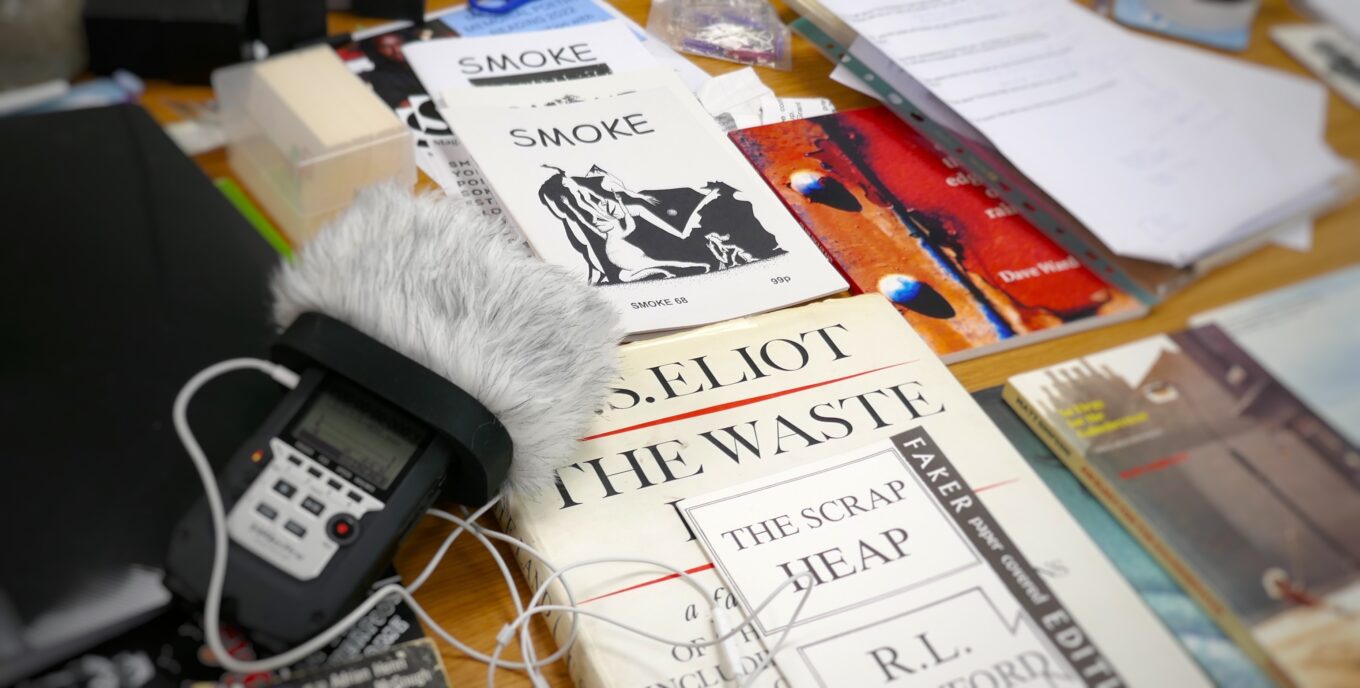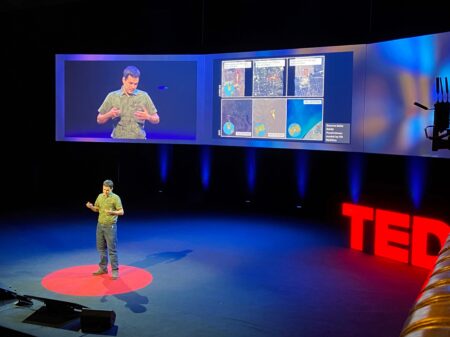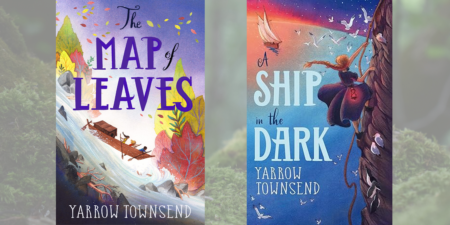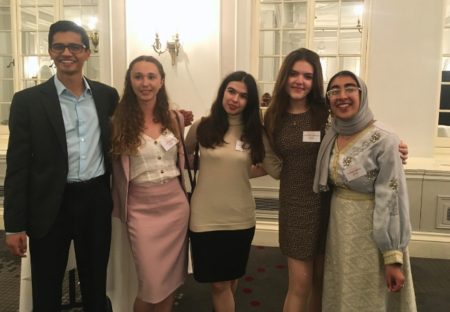I grew up in the North of England. My parents loved literature, and we often read poetry aloud at home. What I didn’t realise then was that my family were dialect speakers – and some of the poetry we shared when I was a child was actually written in dialect.
I’ve always been interested in other people’s accents. I read English at Hertford and was the only one in my year who chose to study Linguistics and Phonetics in the first year in college. I fondly remember tutorials with Leslie Seiffert; we’d spread charts and paper across the floor of his room, noting the differences between the way I spoke and Received Pronunciation. And these differences were always celebrated and encouraged.
After Oxford, I studied Acting at Royal Central School of Speech and Drama, and my first professional job was on Radio 4’s Poetry Please. Since then, I’ve worked as an actor in a range of arts and documentary programmes – as well as radio drama, film, TV and theatre. But I noticed I was never asked to perform any of the dialect poetry that I’d read when I was younger. And it was really good writing. So I took the idea to the independent production company MiM, and we subsequently pitched it to BBC Radio 4.
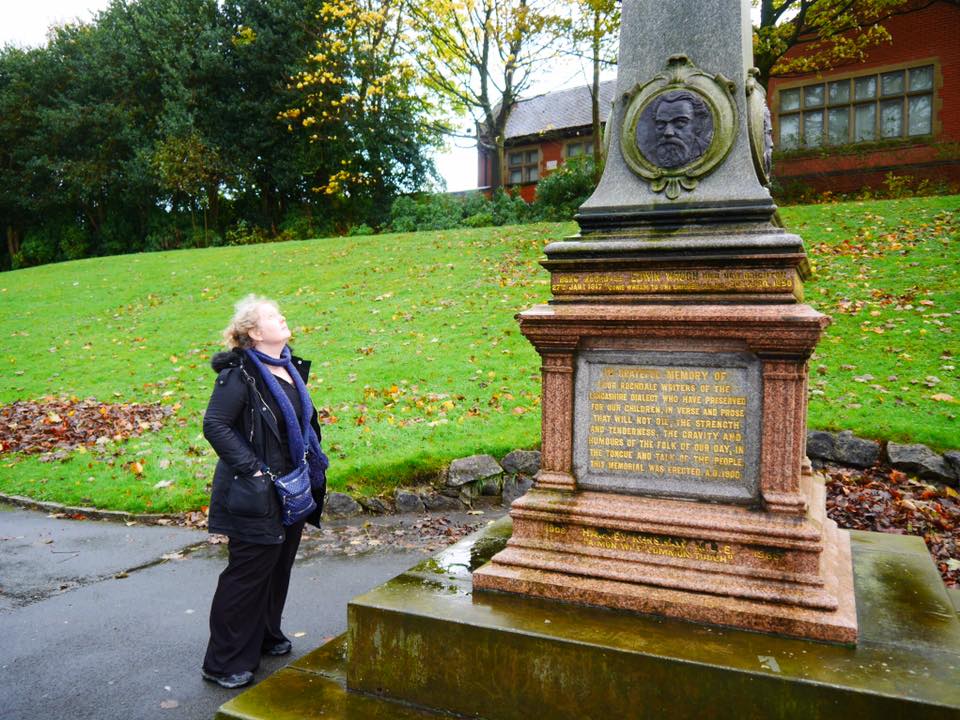
The first series of Tongue and Talk: The Dialect Poets focussed on three areas where dialect poetry is thriving: Lancashire, Nottingham and the Coquet Valley in Northumberland. We’re now on Series 5 – and have since travelled to the Isle of Man, Cumbria, Yorkshire, the Black Country, East Lincolnshire, the Forest of Dean, Hull, Portsmouth, Cornwall and the National Dialect Festival, as well as exploring South Wales, Northern Ireland and the Doric dialect of Aberdeenshire. I feel exhausted even writing it! But it’s been a fantastic journey, working as a development producer with local presenters, and also writing and presenting an episode myself in each series. In fact, one of my proudest moments was when my programme about the Isle of Man was commended in Tynwald, the Manx Parliament.
The current series of Tongue and Talk focuses on the influence of the sea. My episode investigates the poetry and language of Liverpool – a port city with a strong sense of identity and a very distinctive sound. It was fascinating to explore how this historic melting pot of cultures and languages has produced the variety of English we now call Scouse, and to meet linguist Tony Crowley who’s written extensively on the subject, as well as a host of wonderful contemporary poets, including Levi Tafari, Jennifer Lee Tsai, Greg Quiery and Amina Atiq.
It’s a voyage of discovery to the city that made me who I am – and I’d love you to listen.
